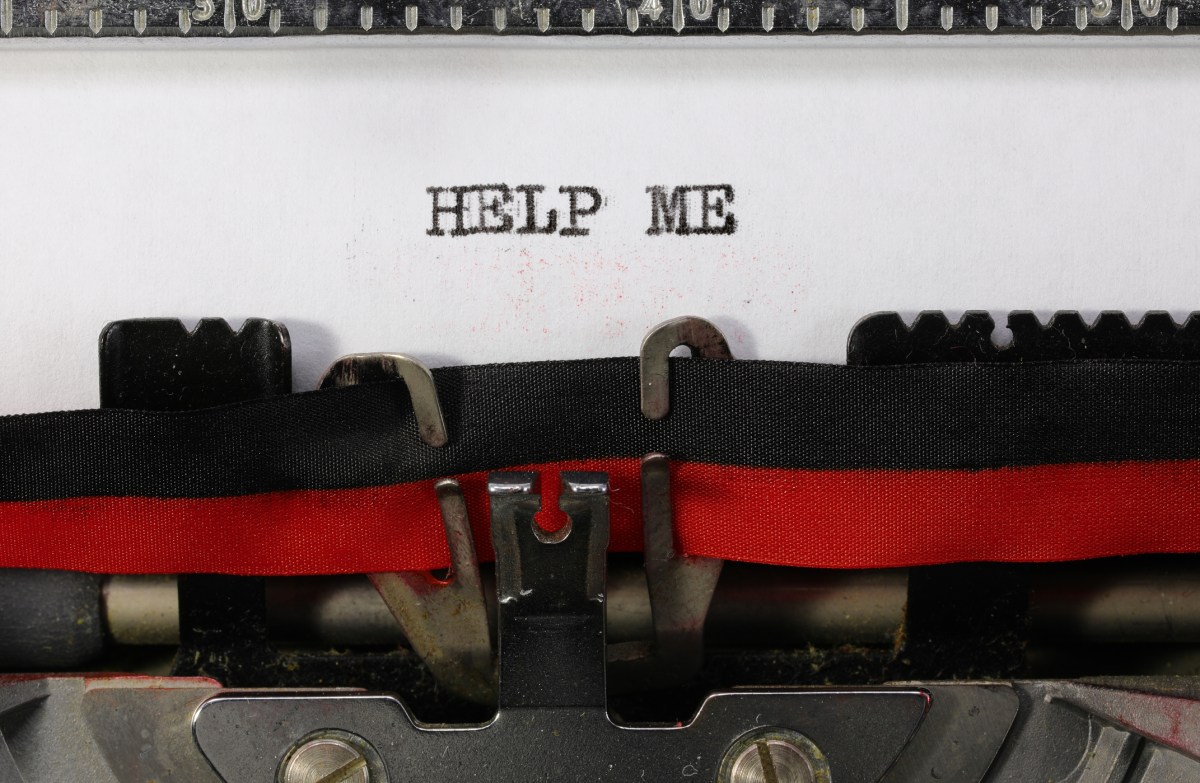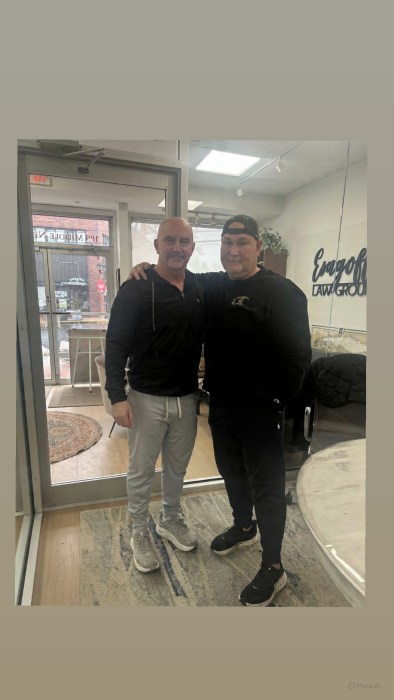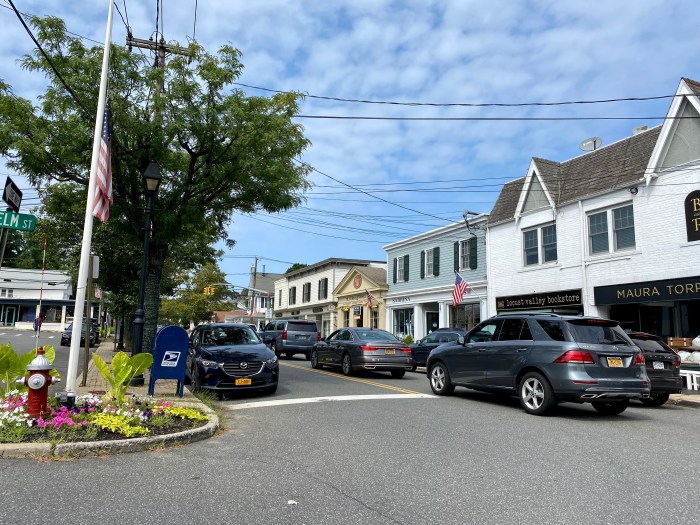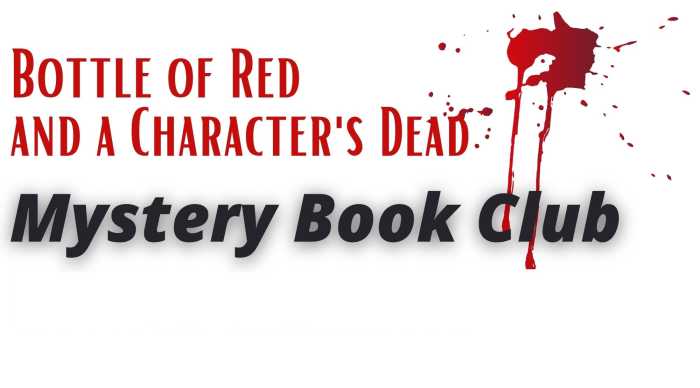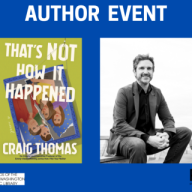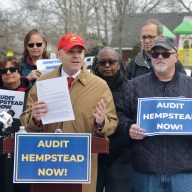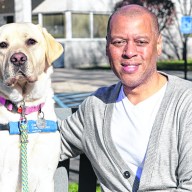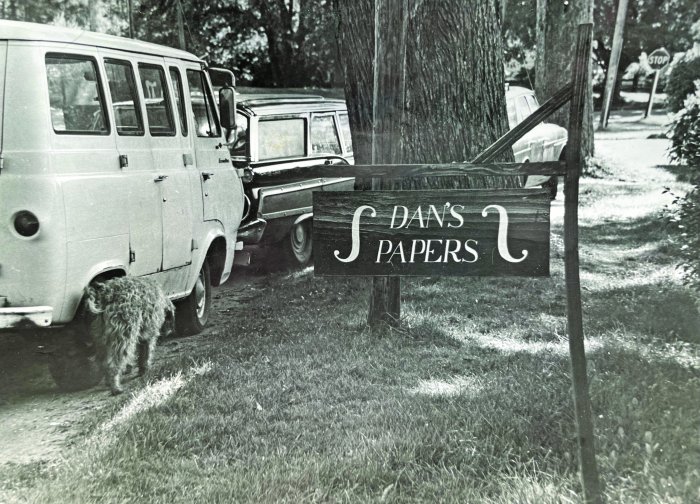After Kathryn Monaco-Douglas wrote a book titled Because I Lived It about widowhood, to tell her story and help others after the loss of a spouse, she began looking for a publisher. When she was diagnosed with breast cancer and began chemotherapy, she increased her push to be published.
Monaco-Douglas, who also runs a bereavement support group offered at no charge, in October 2023 found a company that included “Amazon” in big bold letters in its name along with a version of the Amazon logo.
“It’s a labor of love. I wrote this book to help other widows,” Monaco-Douglas, a Bay Shore resident, said. “I wanted to get it out there.”
She believed that Amazon Smart Publishing, which included Amazon’s logo, was an arm of Amazon that edited, designed, published and promoted books. She signed a contract marked Amazon Digital Pro, still with the Amazon name.
But after initial bills involving Amazon, she received a bill from Xtend Systems Inc. computer programming in Woodbridge, Virginia.
After paying more than $4,000, Monaco-Douglas found the company had no connection to Amazon and was part of an industry of look- and sound-alikes fostering the illusion that they were affiliated with the giant.
“I just didn’t know where to publish, since this was my first book,” she said.
Amazon’s Kindle has spawned a huge industry as thousands of people put their story in print, self-publishing on Amazon, which doesn’t charge fees to self-publish on Kindle through Kindle Direct Publishing (KDP), but takes fees from sales. Some companies edit, design and promote, smoothing the path to publication.
But a vast shadow self-publishing industry also evolved, often with “Amazon” sound- and look-alike names with people charging to edit, publish, market and promote books — often doing little or nothing or using software, preying on the Amazon name to provide services authors could often get for free.
Amazon, in a lawsuit last October in the Northern District of California against 20 individuals and companies, said that the defendants use Amazon domain names to “divert victims from Amazon’s genuine websites to defendants’ websites” along with Amazon’s “orange smile logo.”
The sites, according to Amazon, offer “false and misleading representations of affiliation” with Amazon to sell “inauthentic, inferior, overpriced, and
often nonexistent services.”
“In the past year or so, I’ve noticed an upsurge in scams that employ the Amazon name, or the names of Amazon trademarks,” Victoria Strauss wrote on Writer Beware, a website she founded, “to try and trick hopeful writers into believing they are working with a company affiliated with Amazon, or even with Amazon itself.”
Monaco-Douglas said editing appeared to be done by software without anyone actually reading the book.
“There were red flags in the editing,” she said. “I had to edit what they edited.”
They changed a sentence saying “Brenda is street” (to mean street-smart), to “Brenda is a street.” She referred to a movie with the singular title The Pursuit to Happyness with Will Smith, which they edited to the incorrect title, The Pursuit to Happiness.
“I kept saying ‘this isn’t right’ with a lot of things. ‘Look it up,’” she said. “Then they wrote ‘Look it up’ in the book. They weren’t understanding. I felt they didn’t read the book.”
Strauss notes that companies include disclaimers noting that they are not affiliated with Amazon, but those, if they exist, are typically easy to miss. What she calls the “Amazon fakers” are typically based abroad, in Pakistan, India or the Philippines.
Amazon itself does operate Amazon Publishing, which the company says led to more than 1,000 authors earning more than $50,000 from their writing. But that is a publisher, not a self-publishing operation. Amazon’s Kindle Direct Publishing (KDP) allows authors to self-publish books in print and digital formats for free, reaching readers in 175 countries.
Authors can set up eBooks within minutes that within 72 hours appear for sale on the Amazon Kindle Store. Authors select royalty plans determining the percentage of amounts earned from sales.
KDP (from the real Amazon) offers free services including an International Standard Book Number (ISBN), book covers, templates, Kindle Create software, a free interior formatting tool and more.
KDP authors also can enroll in a free distribution program, making paperbacks on Amazon.com available to distributors for stores and libraries. Amazon offers advertising for KDP books on a cost-per-click basis and operates kdp.amazon.com.
Amazon does not, however, sell services such as stand-alone editing or work with affiliates, whose names crop up on Google typically as sponsored links.
“Are all sponsored links scams? Certainly not,” Strauss adds. “But plenty of them are, so they’re best avoided.”
Companies cashing in on Amazon often operate numerous identical sites under numerous names, playing whack-a-mole, dropping one site to launch another sound-alike. They exaggerate claims and capitalize on dreams that you can be the “next best-selling author.”
They also typically thrive on fake reviews, such as 5-star ratings on TrustPilot, where Strauss says fake reviews are “rampant.” And they often indicate delays, while introducing errors into work.
Nancy Elston told Writer Beware that she paid around $9,000 to Amazonpublishingexpert.com, which she found on the internet.
“They just keep asking for more money for various things, one after another,” she wrote on Writer Beware.
Monaco-Douglas reported what occurred online to the FBI and called an Amazon number she has used for problems with purchases.
“The person told me there was no place to report it to,” she said, although she later found an email. “I was completely unaware that this was possible.”
Amazon in its lawsuit argues the companies in its suit “falsely claim affiliation with authentic Amazon services, including Amazon Publishing and Kindle Direct Publishing.”
David Naggar, vice president of Books and Kindle Content at Amazon, said they are “working to stop bad actors from taking advantage of our customers.”
Amazon has been able to seize numerous domain names with the Amazon name in them, although a long list of companies with the Amazon name in them continue to pop up.
Monaco-Douglas says that American Express, meanwhile, said they put Monaco-Douglas’ payments in dispute, but that she authorized them. “They said I did this. I thought I was dealing with Amazon Smart Publishing,” Monaco-Douglas said. “That’s not what I got in my bill.”
They charged $699 for editing and publishing, $3,700 to create an audible book, and wanted to charge her for a cover and promotion. “I said, ‘My daughter’s an artist,’” Monaco-Douglas said. “They wanted to charge me for promoting. I said, ‘I have my own connections.’”
Monaco-Douglas said that she has received voice samples to create an audiobook, but no completed work.
“They didn’t even sound like they were from New York,” Monaco-Douglas said of voices tapped for the book; its first chapter is “Brooklyn Girl.” “One of them had a Boston accent.”
Along the way, as these chameleon companies can do, the business began operating under a different name, and old emails stopped working.
“I couldn’t contact them by phone or email,” said Monaco-Douglas, who is now looking for services to publish a book in which she still believes. “They changed their email.”




